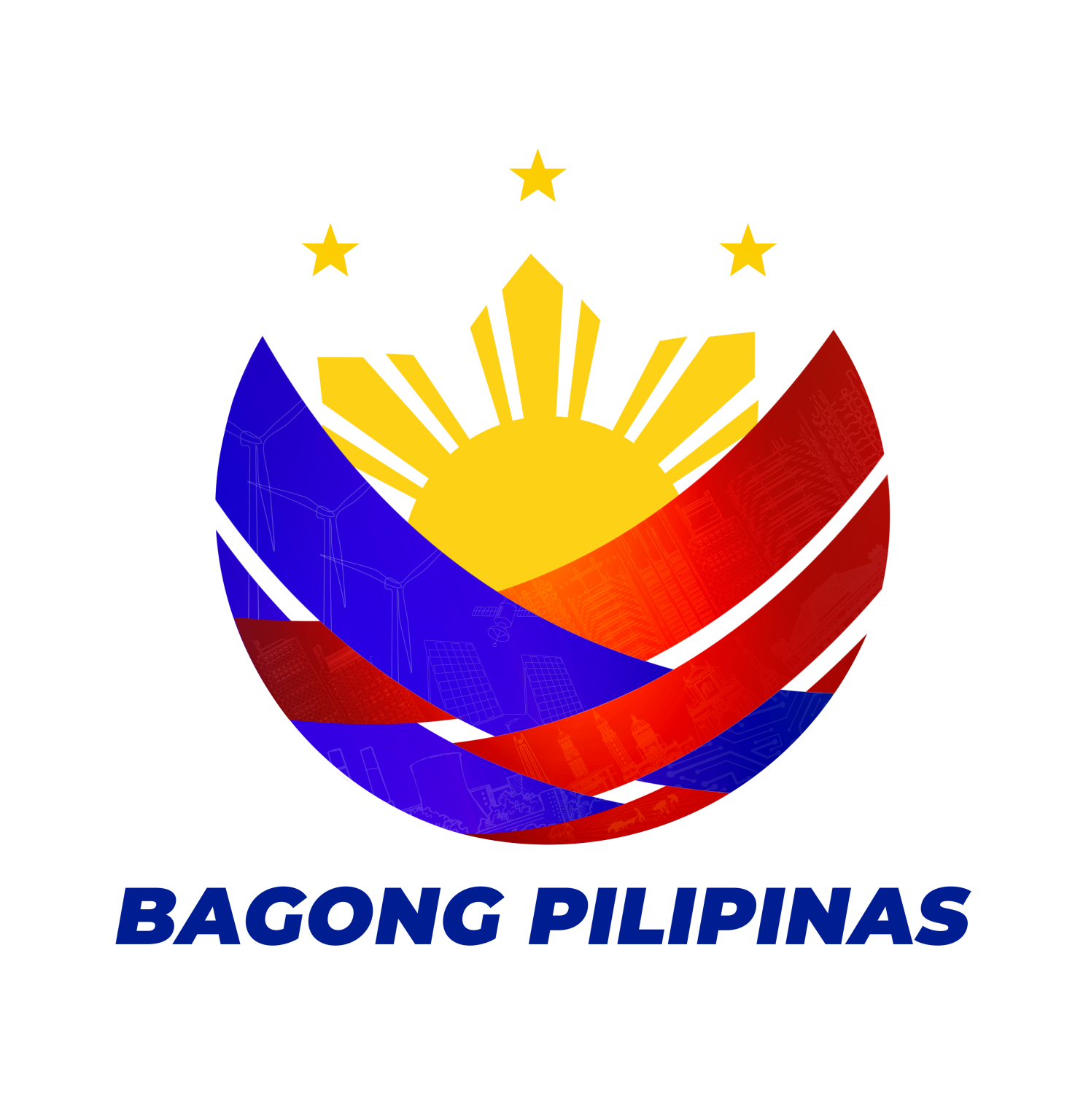Western Mindanao 02/13/15 — Kalahi-CIDSS community volunteers from Salug, Zamboanga del Norte undergo procurement training last February 12-13, 2015. Part of the session was the orientation on the roles and responsibilities of the volunteers, the policies and operational guidelines of procurement to ensure fairness, effectiveness, economical and transparent procurement procedures.
Attendees were Barangay Sub-Project Management Committee (BSPMC) Chairperson, Bids and Awards Committee, Procurement Team, Project Implementation Team, Monitoring and Inspection Team, Audit and Inventory Team, Book keepers, Barangay Captains.

Aside from providing lectures, the participants also underwent series of simulation about some procurement methods such as Community Shopping of goods, community shopping for works and small value procurement for works to enable them to learn the subject matter better through a mock-up.
Meanwhile, a community finance training was also conducted by Kalahi-CIDSS last February 2-7, 2015 that aimed to orient the participants— Community Bookkeeper, BSPMC, Barangay Treasurer, Audit and Inventory — on the detailed community-based financial management systems and procedures covering the general provisions, cash management, bookkeeping and reporting, and community finance monitoring.
 Community members who submit themselves to volunteer in Kalahi-CIDSS are delegated tasks on procurement and finance management among others. The capability building aspect of Kalahi-CIDSS forms part of the effort to empower community members so they will be skilled enough to carry out their responsibilities in project implementation. Thus, all volunteers in municipalities enrolled in Kalahi-CIDSS will undergo the same training and orientation.
Community members who submit themselves to volunteer in Kalahi-CIDSS are delegated tasks on procurement and finance management among others. The capability building aspect of Kalahi-CIDSS forms part of the effort to empower community members so they will be skilled enough to carry out their responsibilities in project implementation. Thus, all volunteers in municipalities enrolled in Kalahi-CIDSS will undergo the same training and orientation.
Kalahi-CIDSS has been scaled up since 2014 to target 847 municipalities in the entire country, to include 52 which were identified in Region IX. It uses Community Driven Development (CDD) approach that puts the power back to the people by giving them the opportunity to manage resources and implement sub-projects that address needs identified by communities themselves.###



You must be logged in to post a comment.